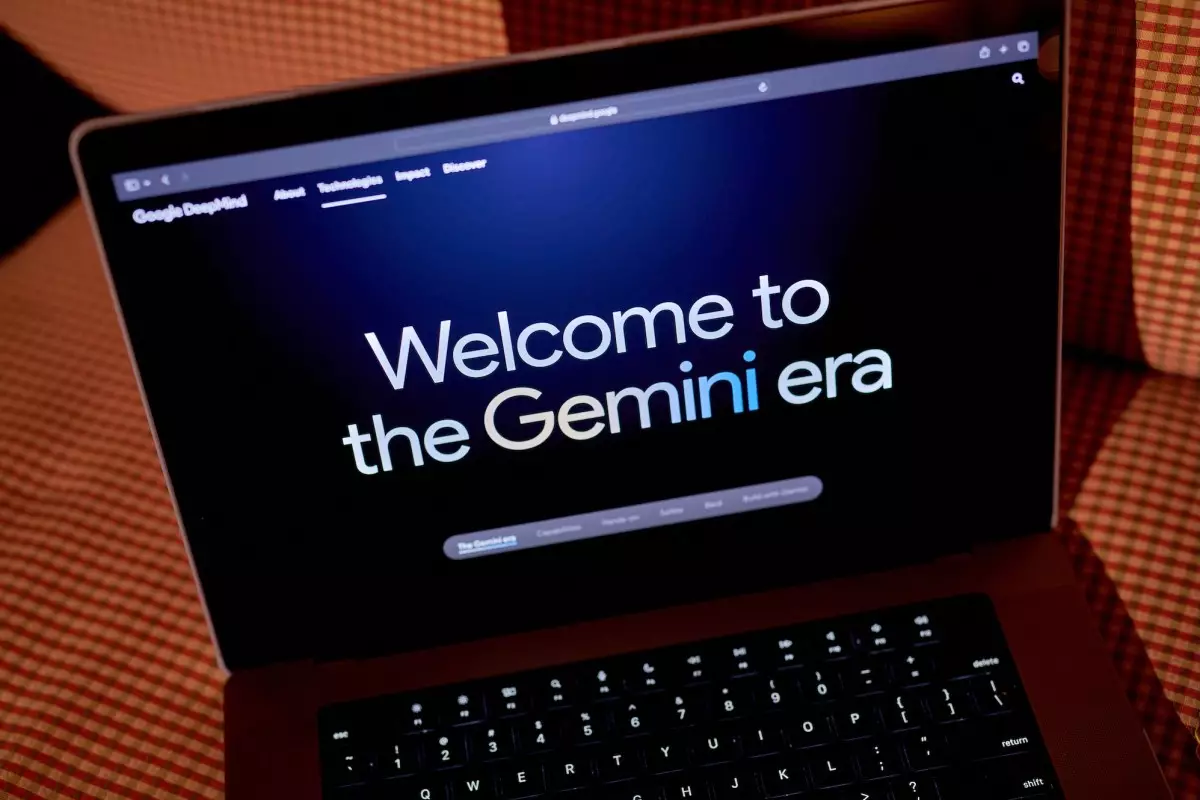In recent months, the digital landscape has witnessed a seismic shift driven by the exponential growth of AI-driven referrals. While traditional search engines like Google remain the dominant conduit for web traffic, AI platforms are carving out a significant and rapidly expanding niche. Data from market intelligence provider Similarweb reveals that in June 2025, AI referral traffic to the top 1,000 websites surpassed 1.13 billion, marking a staggering 357% increase from June 2024. Despite this impressive acceleration, the bulk of web traffic still flows through Google Search, which registered 191 billion referrals during the same period. This dichotomy underscores the current transitional phase in how users seek information online.
What is particularly striking about this trend is the initial challenge AI faces in matching the sheer volume and influence of traditional search engines. However, growth rates suggest a tipping point is approaching, with AI platforms positioning themselves as increasingly viable alternatives. This evolution is not simply about numbers; it signals a profound change in user behavior—favoring quick summaries and conversational interfaces over traditional hyperlink-based search results.
The Disruptive Impact on News and Media Platforms
The media industry is arguably the most vulnerable and simultaneously poised to capitalize on AI’s rise. As AI overviews and summaries become more prevalent, conventional news websites are experiencing a decline in traffic and engagement. The concept of “Google Zero”—a hypothetical scenario where Google ceases to drive visitors to news outlets—is no longer purely theoretical. Industry insiders are bracing for this possibility, knowing that AI summaries tend to capture user attention but often reduce the necessity to click through to full articles. Reported data shows a 770% increase in AI-generated referrals to news and media sites from June 2024 to June 2025.
The controversy surrounding this shift is further intensified by legal and ethical battles. Major outlets like The New York Times have taken a stance against AI models using their content for training, which could influence future referral patterns. Yet, even with restrictions, some media organizations like Yahoo, Reuters, The Guardian, and India Times are still experiencing notable AI-driven traffic spikes. These platforms are now in a race to adapt or risk obsolescence as AI consolidates its role in delivering news content.
Dominance of ChatGPT and AI in Other Sectors
Unsurprisingly, ChatGPT dominates the AI referral ecosystem, accounting for over 80% of referrals to leading websites. Its widespread adoption solidifies its position as the de facto conversational AI for most users, fundamentally altering how we consume information and interact online. Beyond news, the influence extends into sectors like e-commerce, social media, and technology. Giants such as Amazon, Etsy, eBay, and Google are reaping the benefits of AI referral traffic, with Amazon alone receiving 4.5 million referrals in June.
The landscape of AI referrals across categories paints a clear picture: a handful of key platforms are becoming central hubs for user interaction. Google leads among tech and social media sites with over 53 million referrals, illustrating its persistent dominance but also hinting at the shifting patterns that may eventually reduce reliance on traditional search. Meanwhile, other popular sites like YouTube, Wikipedia, and ResearchGate are experiencing consistent gains in AI-generated traffic, signaling a broader acceptance of AI as a form of digital discovery.
Implications for the Future of Search and Content Strategy
The rise of AI referrals prompts critical questions about the future of online search, content creation, and information dissemination. As AI platforms become more sophisticated and integrated into daily habits, traditional search engines may need to drastically reinvent their roles or risk obsolescence. Content creators and publishers going forward will need to devise strategies to optimize their presence in an AI-driven ecosystem—whether by directly engaging with AI platforms or by rethinking how content is structured for AI consumption.
The legal disputes, such as the lawsuit between The New York Times and OpenAI over content use, highlight industry tensions that could shape AI’s development and accessibility. We are witnessing the early stages of a transformation that could reverberate through every digital domain, from e-commerce to education. The key takeaway is clear: those who adapt quickly—by embracing AI as a complementary tool rather than a threat—will be better positioned to thrive in the evolving digital ecosystem.
The trajectory indicates that AI referrals will continue to grow, shaking the foundations of traditional search and content distribution models. The challenge—and opportunity—lies in how businesses and users evolve alongside this new technology. Will AI simply supplement the existing system, or will it eventually displace it altogether? Only time will tell, but it is undeniable that AI is rewriting the rules of digital engagement with startling velocity.

